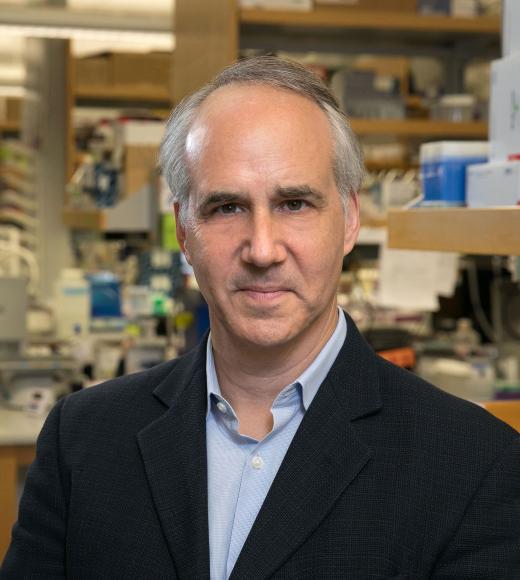
Daniel Geschwind M.D. Ph.D
Gordon and Virginia MacDonald Distinguished of Human Genetics, Neurology and Psychiatry
Senior Associate Dean and Associate Vice Chancellor, Precision Health
Director, Institute of Precision Health
Dr. Geschwind is the Gordon and Virginia MacDonald Distinguished Professor of Human Genetics, Neurology and Psychiatry at UCLA. In his capacity as Senior Associate Dean and Associate Vice Chancellor of Precision Health, he founded the Institute for Precision Health (IPH) at UCLA in 2017, where he oversees campus precision health initiatives. In addition, he founded the neurogenetics program in the Department of Neurology in 1997 and co-founded the Center for Autism Research and Treatment in 2003. Dr. Geschwind is a leader in neurogenetics, pioneering the genomic analyses of the healthy nervous system and the application of systems biology methods in brain disease. His primary focus is to advance our understanding of disease mechanisms to develop more rational and effective therapeutics for brain disorders he also has been an early advocate for data sharing. Dr. Geschwind is the one of the most highly scientists in neurology, neuroscience and genetics and is an elected Member the National Academy of Medicine. He has received many honors and awards, including most recently, the 2022 Rhoda and Bernard Sarnat International Prize in Mental Health from the National Academy of Medicine. However, his most significant achievement and biggest rewards have come from mentoring and training over 100 graduate students and post-doctoral research fellows at UCLA.
"The DNA of Discovery: How Genetics Has Transformed our Understanding of Complex Brain Disorders"
The modern history of psychiatric disorders has been plagued by societal stigma and the faulty notion that mind and body are separate. This unfortunate stigma is largely due to misleading conceptions about causes of these disorders, which often lays blame on patients or their families, rather than appreciating their biological origins, which are rooted in genetics, environment, and the brain. All of these disorders are highly heritable. Over the last decade, hundreds of genes that increase susceptibility for neuropsychiatric disorders, such as autism spectrum disorder (ASD), have been discovered, firmly establishing their biological origins. These genetic findings, highlighted by some of our own work, provide a platform on which to understand causal mechanisms. By understanding these mechanisms, we can start to develop a biological framework and provide hope for new therapeutic development in these conditions.
